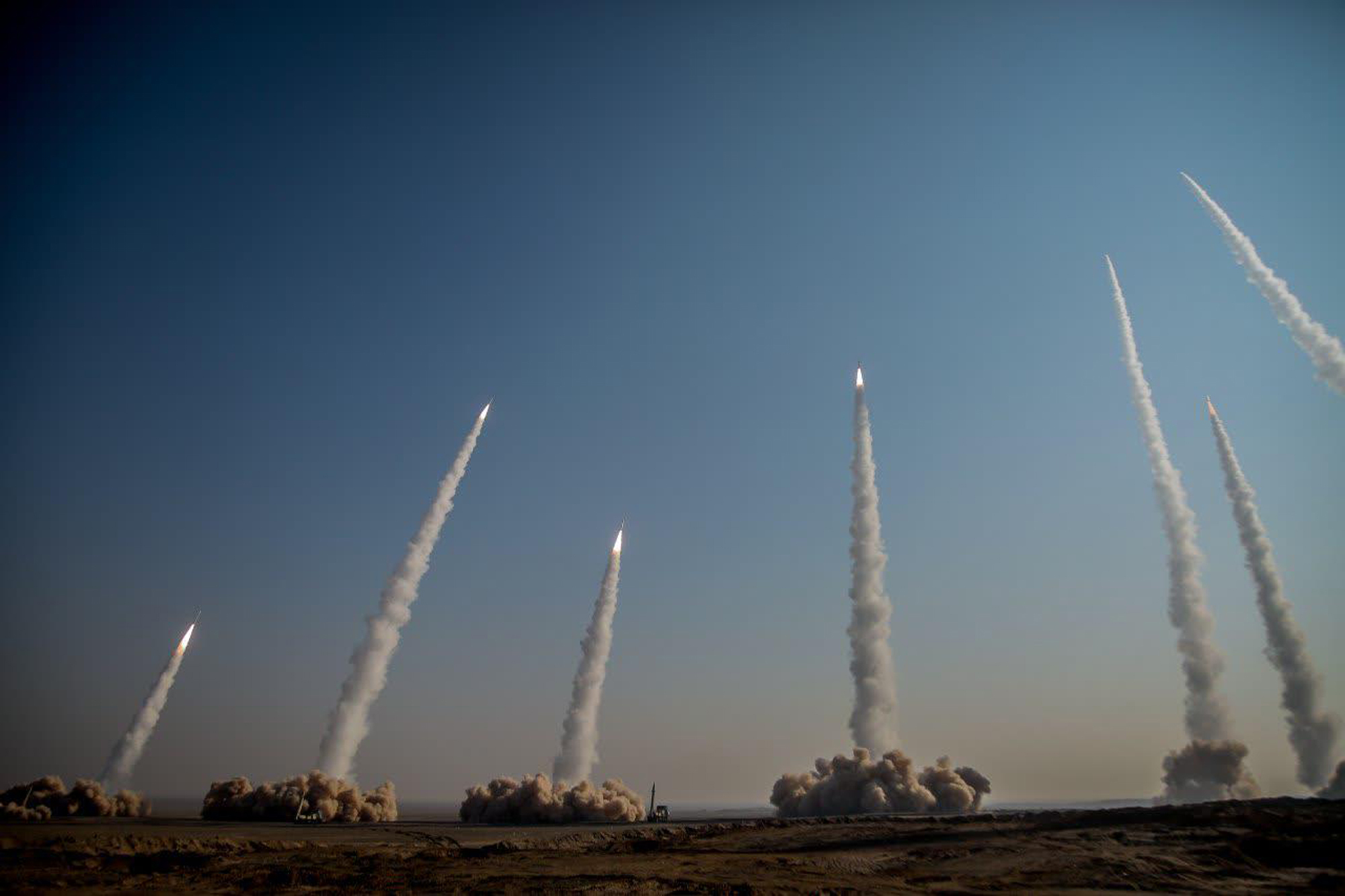BREAKING: Iran has conducted suspected missile system tests near its capital, Tehran, on September 18, 2025, according to reports from outlets associated with the Islamic Revolutionary Guard Corps (IRGC). This activity, which has not yet been independently verified, was observable across several provinces and shared widely on social media, showing luminous trails lighting up the night sky.
Residents in Tehran, as well as in the northeastern cities of Gorgan, Sari, and Semnan, reported witnessing glowing objects soaring above them. Clips circulating on platforms like X depict smoke trails from these launches, suggesting a display of military prowess. An IRGC-affiliated channel, Sepah Pasdaran News, posted visuals of the missile arcs but stopped short of claiming responsibility for the tests.
This missile activity occurs in the wake of intensified tensions following a 12-day conflict in June, during which the United States and Israel targeted sites linked to Iran’s nuclear ambitions. The latest tests signal a defiant stance from Tehran, as it seeks to assert its military capabilities amid mounting pressure from Europe and the U.S. for renewed sanctions related to the 2015 nuclear agreement.
WHY IT MATTERS: The missile tests underscore Iran’s determination to enhance its military capabilities while emphasizing its commitment to its nuclear program. This development is particularly critical as France, Germany, and the U.K. are moving to reimpose sanctions, citing Iran’s violations of the JCPOA. The situation is further complicated by Iran’s recent rejection of U.S. demands regarding missile restrictions, framing them as barriers to diplomatic efforts.
U.S. Secretary of State Marco Rubio expressed grave concerns, stating, “A nuclear Iran governed by a radical cleric that possesses not just nuclear weapons but the missiles to deliver them is an unacceptable risk for the world.” Meanwhile, Iranian Foreign Ministry spokesman Esmaeil Baqaei asserted, “The United States is in no position to make decisions about Iran’s national defense capabilities.”
As the U.N. Security Council prepares to vote on a resolution to snap back sanctions, the global community watches closely. The outcome could have significant implications for regional stability, especially as Iran’s missile arsenal remains a focal point of confrontation with Israel and Western powers.
WHAT TO WATCH FOR: In the coming days, further developments are expected as the U.N. deliberates on sanctions and Iran continues to refine its military capabilities. With negotiations at a standstill, the potential for escalated conflict in the region looms large.
The urgency of these missile tests cannot be overstated, as they highlight Iran’s ongoing commitment to its nuclear and military ambitions against a backdrop of international scrutiny and regional instability. The world remains on alert as this situation unfolds.
